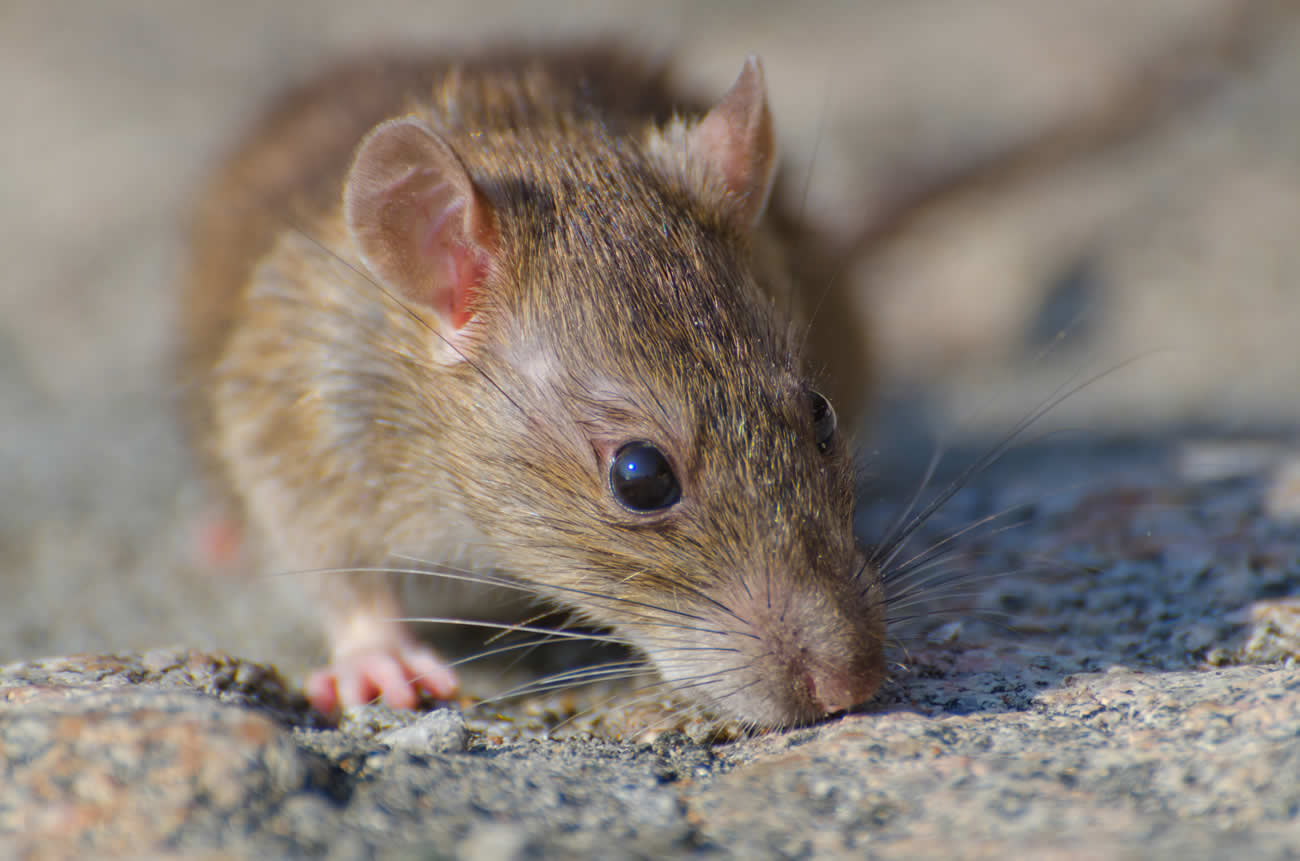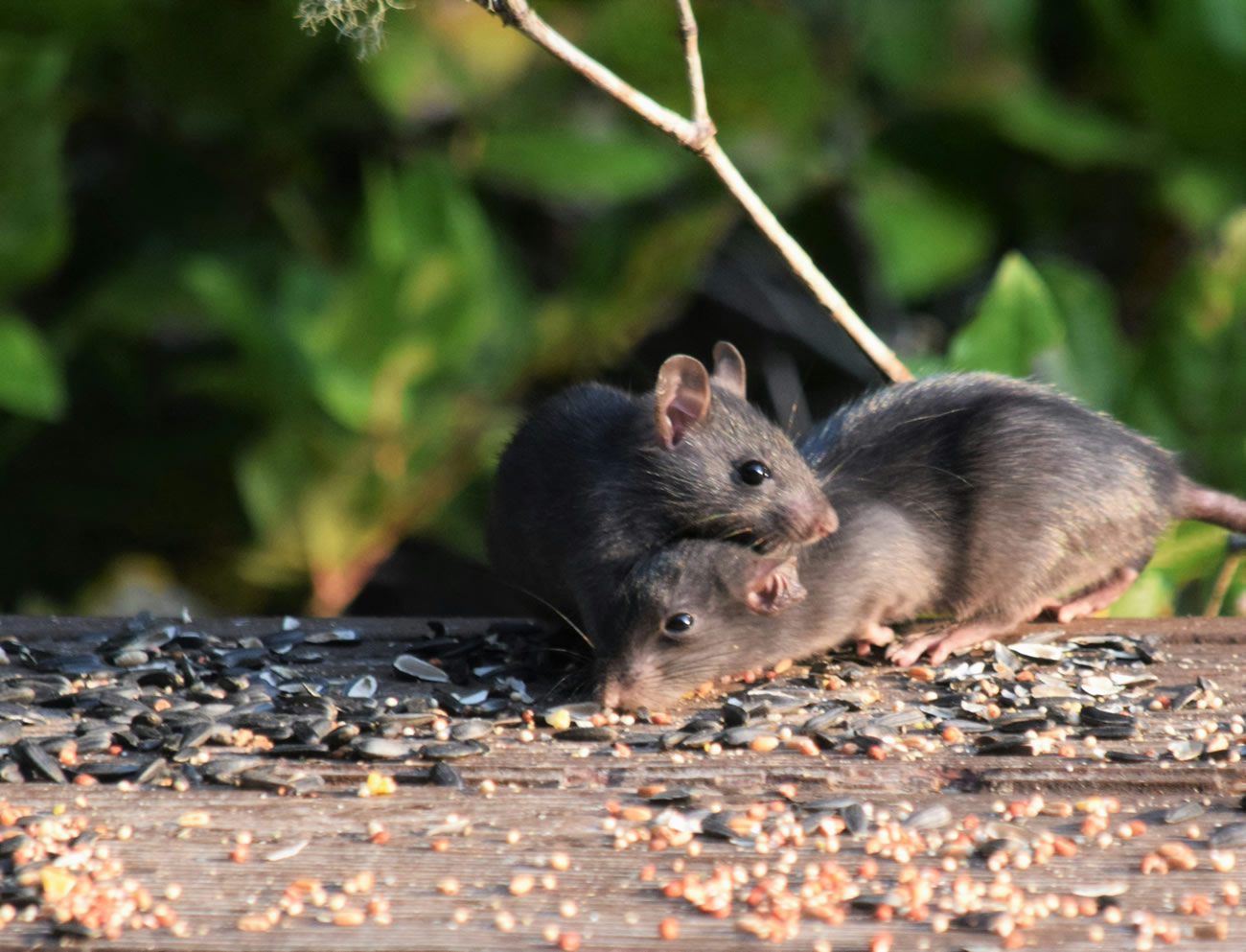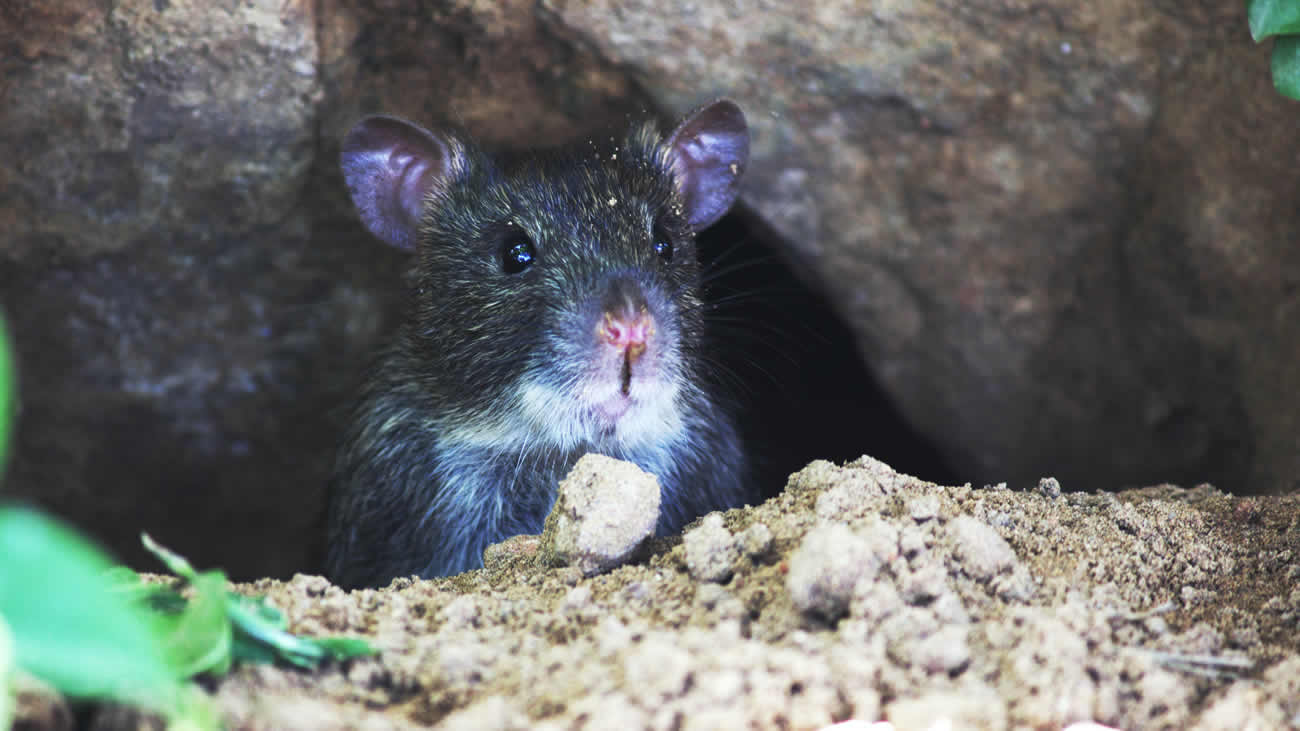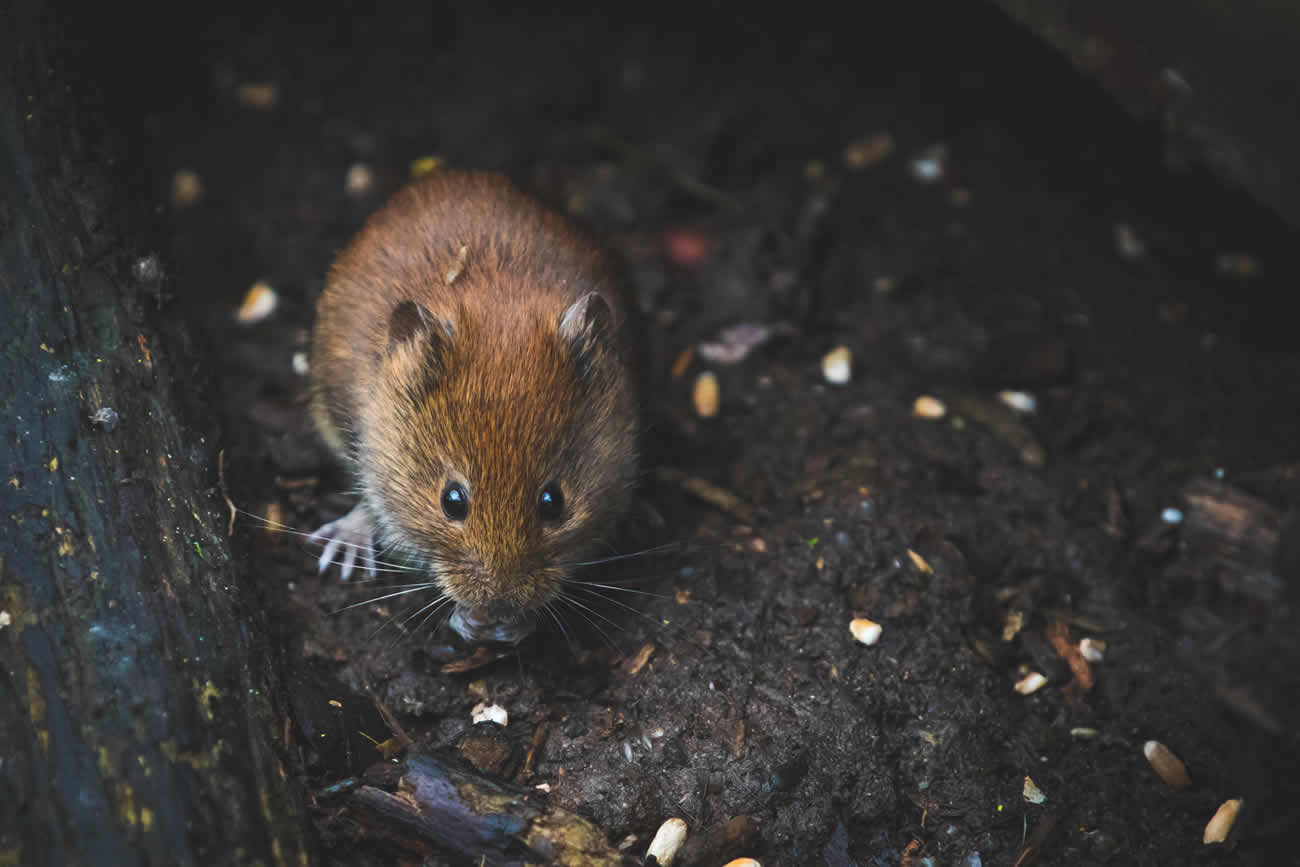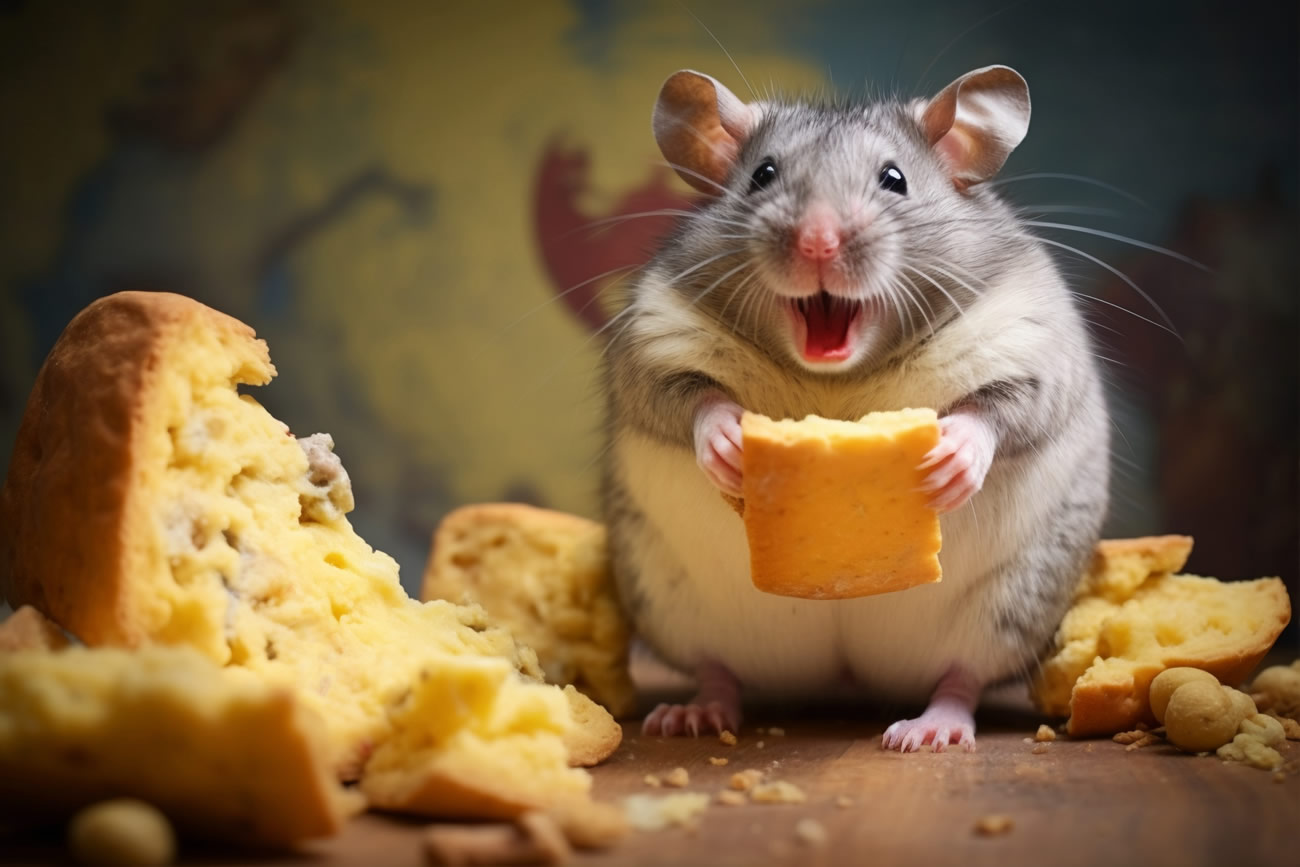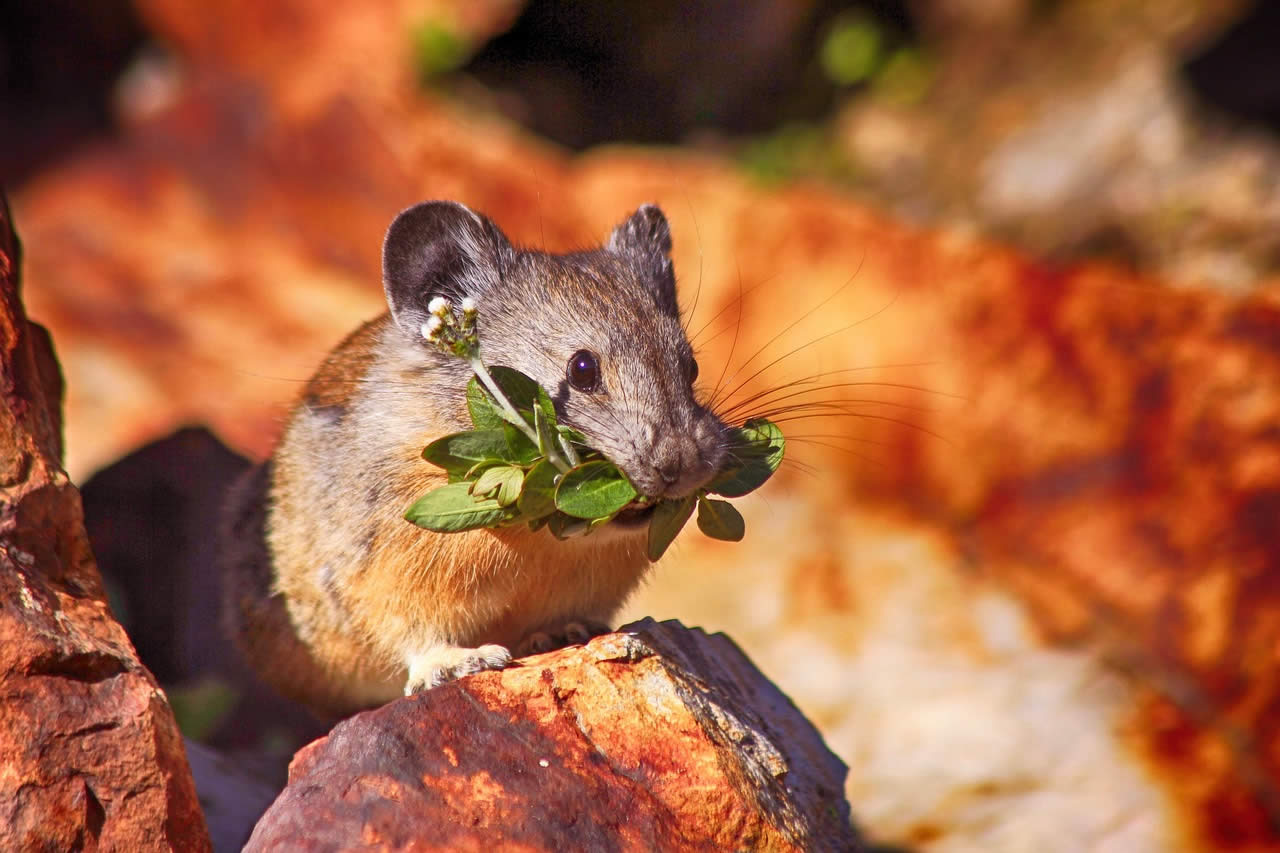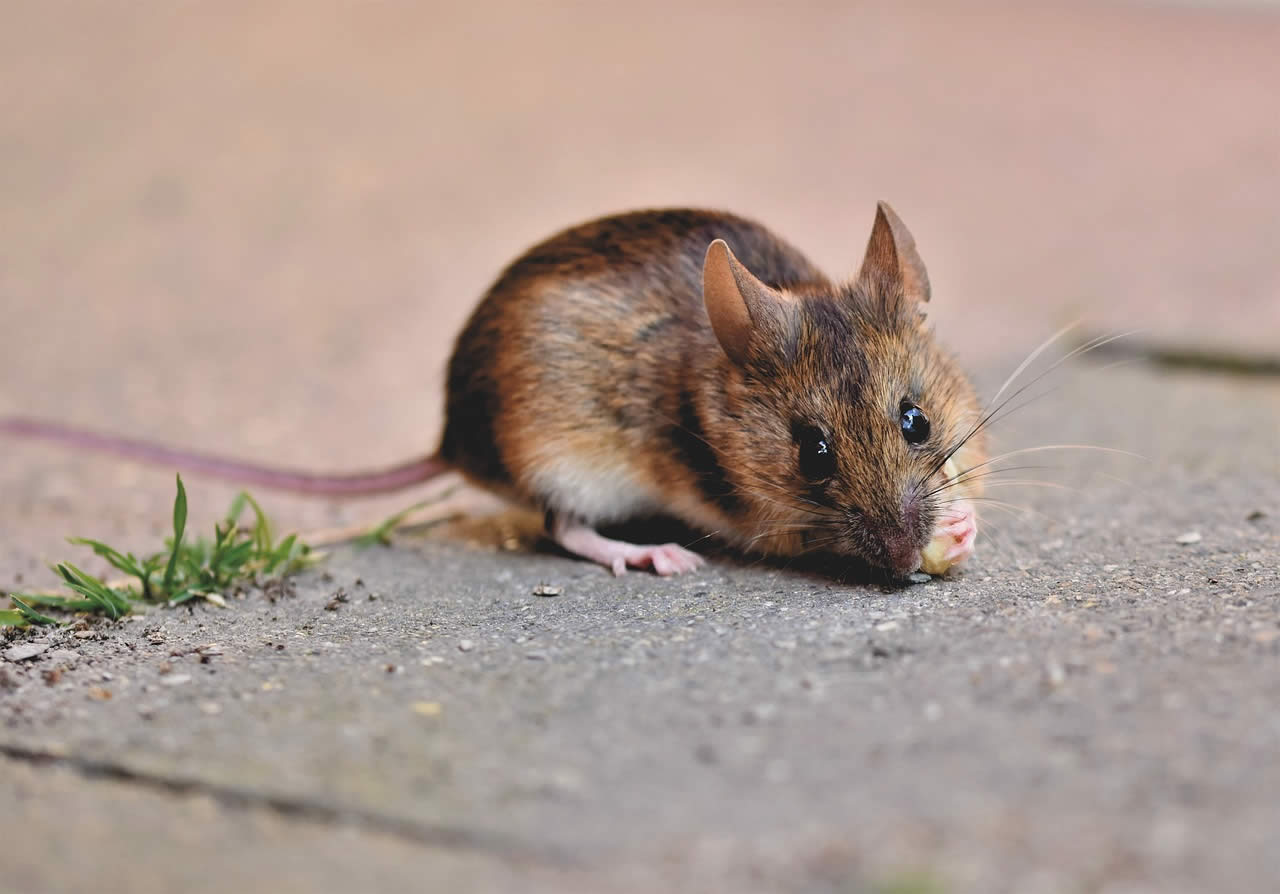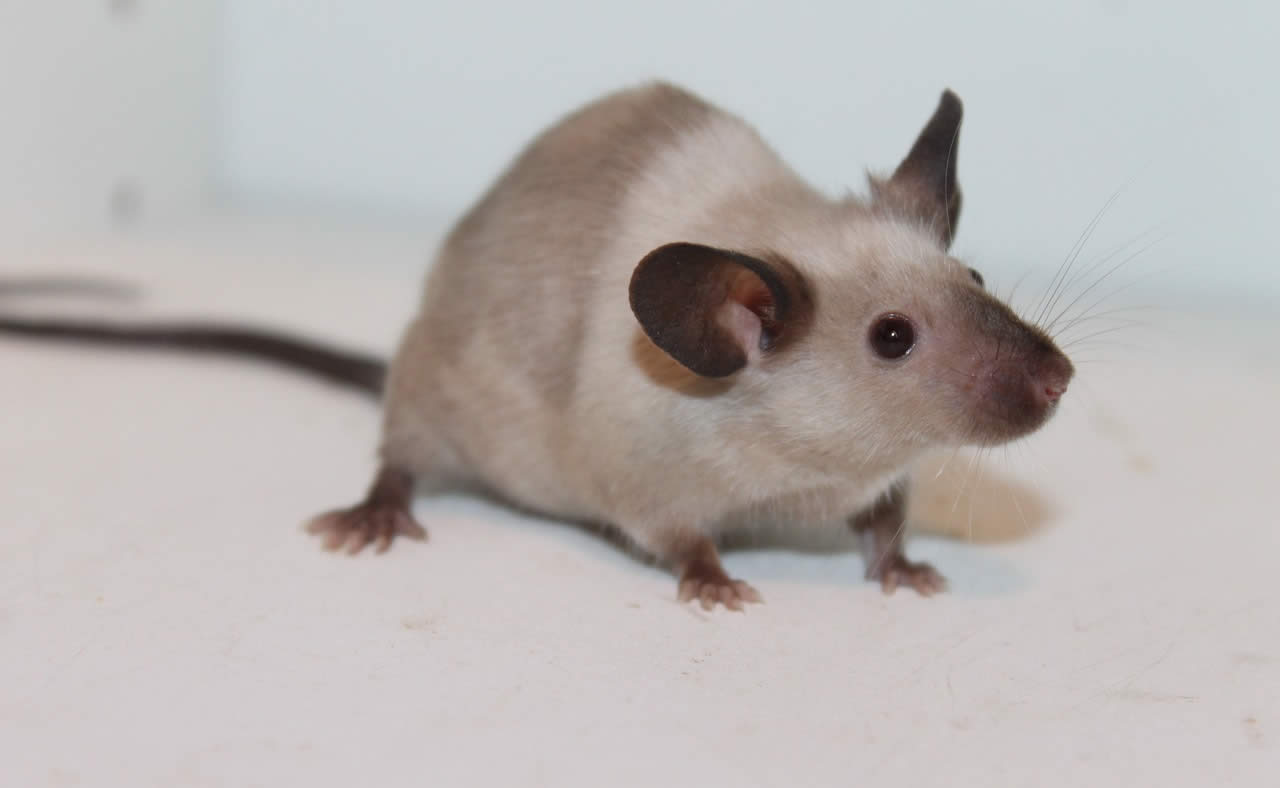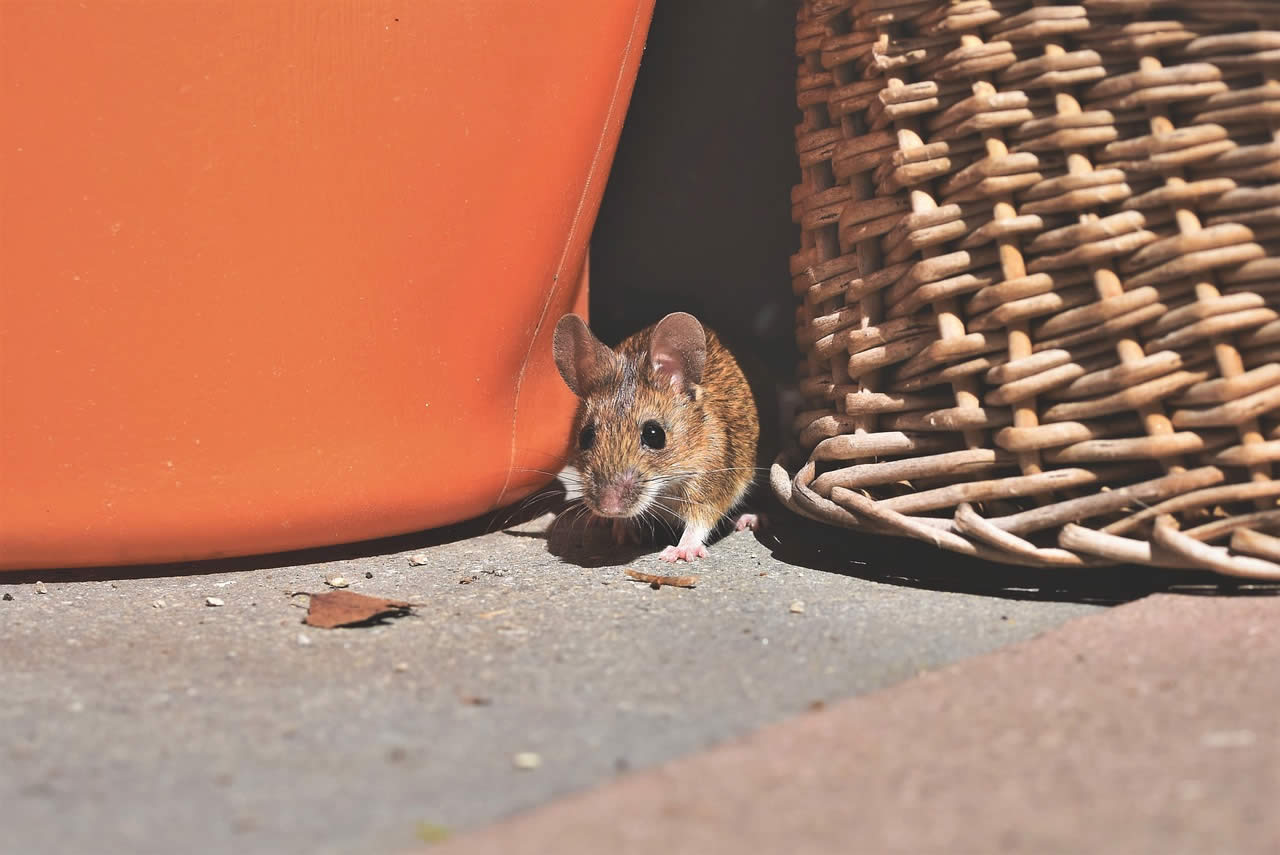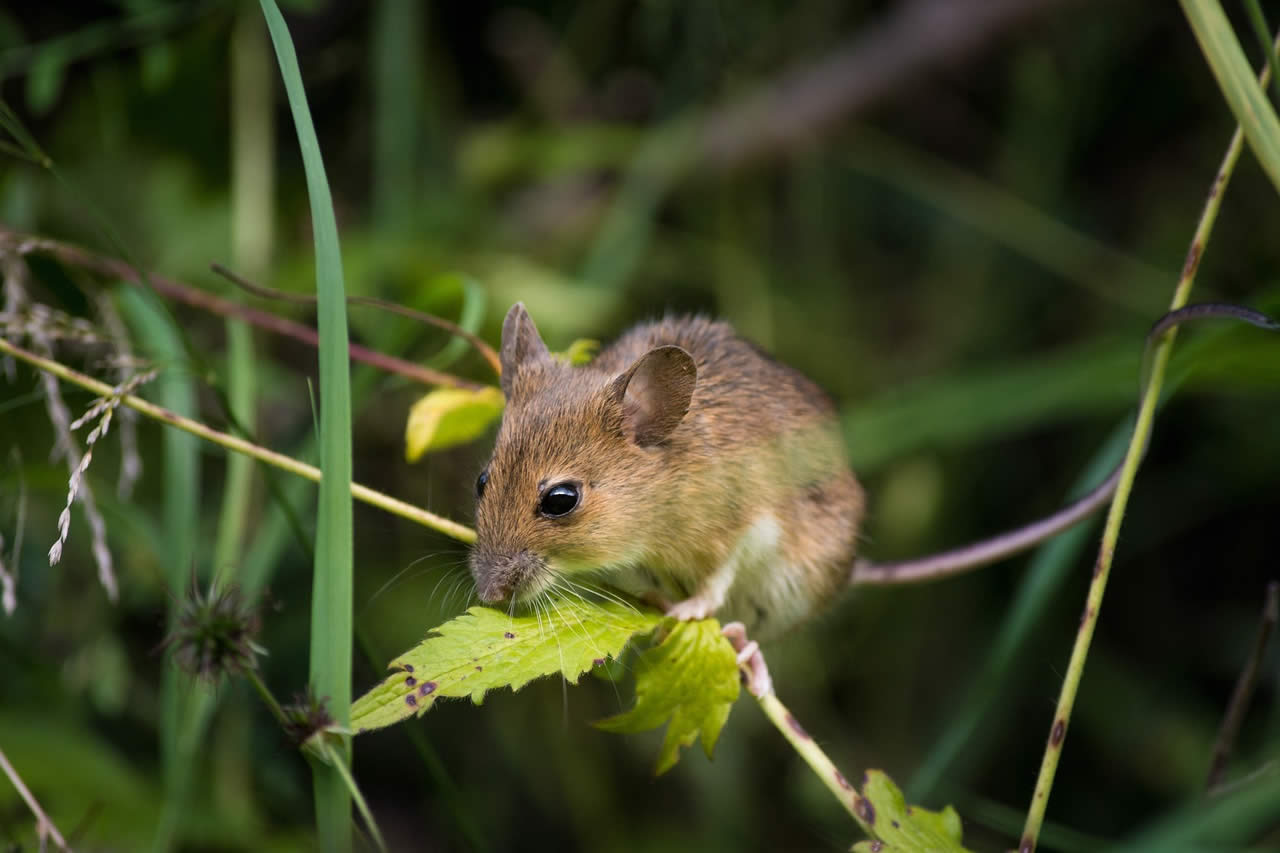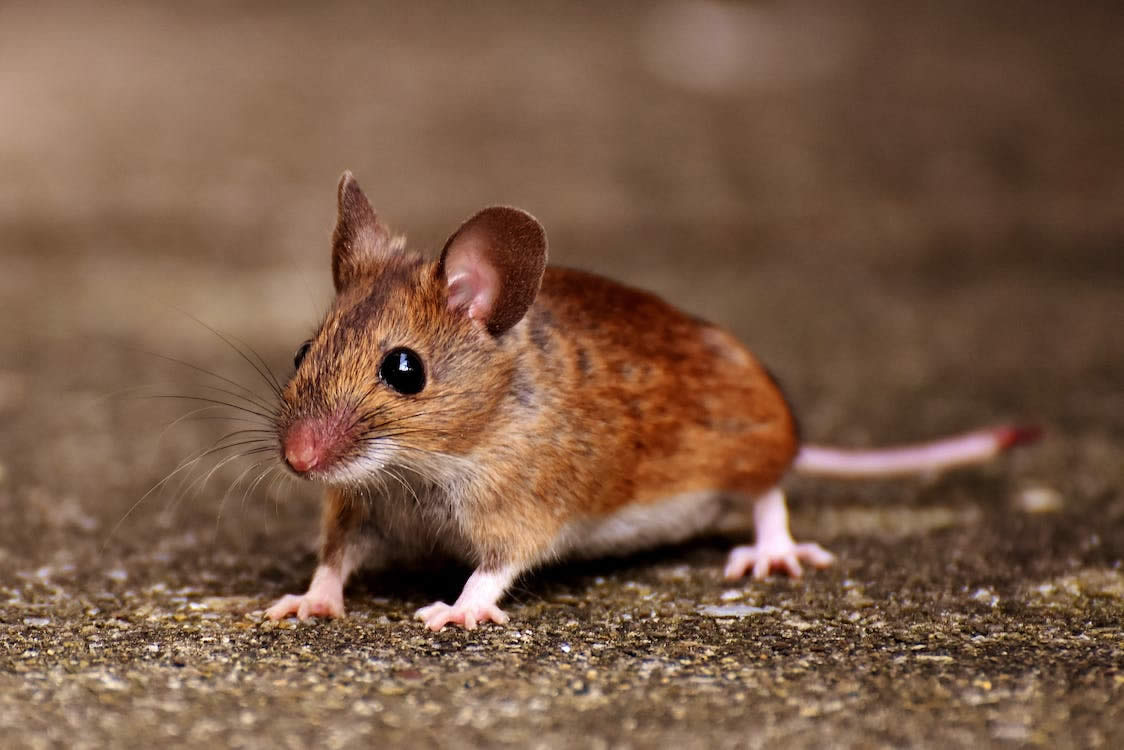For many homeowners, owning a hedgehog as a pet is a fascinating experience. They are cute, adorable, and entertaining creatures that can bring joy to any household. But when it comes to their diet, many owners are often confused about what to feed them. One of the common questions that come up is whether or not hedgehogs eat mice. In this ultimate guide, we will delve into the world of hedgehogs and their diet to answer this question and give you an in-depth understanding of what your pet can and cannot eat.
Table of Contents
ToggleDo Hedgehogs Eat Mice?
Hedgehogs are insectivores, which means their diet mainly consists of insects. In the wild, they feed on a variety of insects, including crickets, beetles, caterpillars, and spiders. They also eat snails, earthworms, and slugs. As a pet owner, it’s essential to provide your hedgehog with a diverse range of foods that mimic their natural diet. It’s not recommended to feed them processed and high-fat foods such as dog or cat food, as it can cause health problems such as obesity.
Although hedgehogs primarily feed on insects, they can also eat small vertebrates, including mice. However, it is not a natural part of their diet, and it should be avoided. Eating mice can cause serious health problems and even death. Mice carry a lot of bacteria and diseases that can harm hedgehogs. It’s important to keep in mind that hedgehogs are not predators, and their digestive system is not equipped to handle such foods. Therefore, it’s best to stick to their natural diet of insects and avoid any risky foods that can harm their health.
Another common question that homeowners ask is whether hedgehogs can eat fruits and vegetables. The short answer is yes; hedgehogs can eat fruits and vegetables. However, it’s crucial to provide them with the right type of fruits and vegetables that do not contain high levels of sugar or oxalic acid. Good fruits and vegetables to feed your hedgehog include carrots, apples, bananas, blueberries, and melons. On the other hand, you should avoid feeding them grapes, tomatoes, rhubarb, and citrus fruits.
It’s also important to provide your hedgehog with fresh water at all times. You can use a water bowl or a water bottle to ensure that they have access to clean water. In addition, you can also provide them with a few drops of water on their nose, which they will lick off. This is a natural behaviour that helps them stay hydrated and clean.
Hedgehogs are fascinating creatures that require a specific diet to maintain optimal health. Although they can eat small vertebrates such as mice, it’s not recommended due to the health risks. As a pet owner, it’s essential to provide your pet with a diverse range of foods that mimic their natural diet of insects. Feeding them processed foods or high-fat foods can cause health problems such as obesity. By following the above guidelines, you can ensure that your hedgehog stays happy and healthy for years to come.
Fun Facts
The question of whether hedgehogs eat mice is a bit complicated and doesn’t have a simple yes or no answer. Here’s what we know:
Hedgehogs are primarily insectivores: Their diet consists mainly of invertebrates like beetles, slugs, worms, and insects.
They can and will eat other small animals: While insects are their go-to snack, hedgehogs are opportunistic feeders and occasionally eat other small animals like frogs, lizards, even baby birds and eggs. They might also scavenge carrion, including dead mice.
Eating live mice is rare: Although there are some anecdotal reports of hedgehogs catching and eating live mice, scientific studies suggest it’s not a common occurrence. Their teeth and digestive system are better suited for insects, and mice can actually fight back and potentially injure a hedgehog.
Some factors influence their diet: Age, habitat, and overall food availability can affect what a hedgehog eats. Younger hedgehogs may be more likely to attempt hunting small mammals, while older ones stick to invertebrates. If food is scarce, they might eat anything accessible, including carrion.
Hedgehogs can eat mice, but it’s not a major part of their diet and likely happens more with scavenging carrion than actively hunting live ones.
Hiring a Pest Control Expert
Hiring a pest control expert is essential when dealing with complex or persistent infestations. While some homeowners may attempt DIY pest control methods, these often provide only temporary relief and fail to address the root cause of the problem.
Professional pest control specialists have the expertise, tools, and effective treatments to eliminate pests such as rodents, insects, or termites safely and efficiently.
Are you looking for pest control in West Midlands? Get in touch with us and a local pest removal company will be in touch.
Pest control professionals can also identify potential entry points and provide preventative advice to help protect your home in the long term.
Trusting a pest control professional not only ensures the health and safety of your household but also saves time and reduces future risks of recurring infestations.

